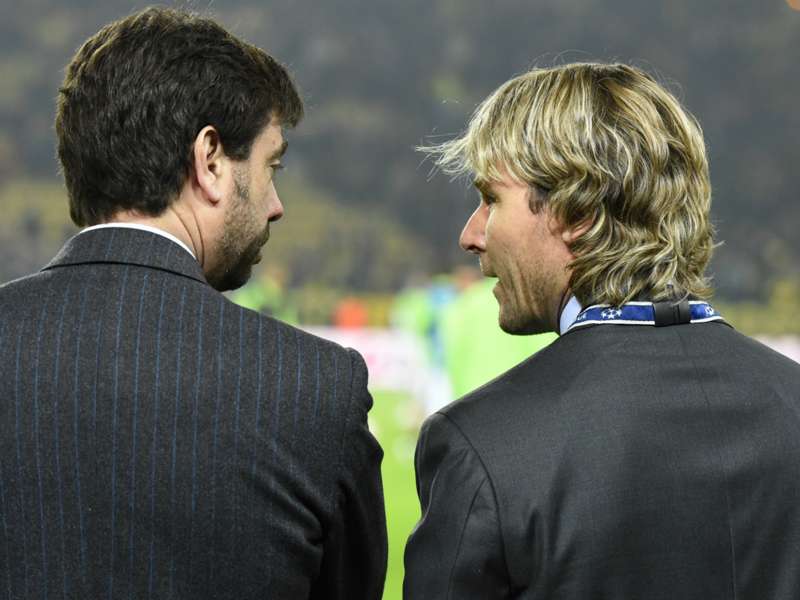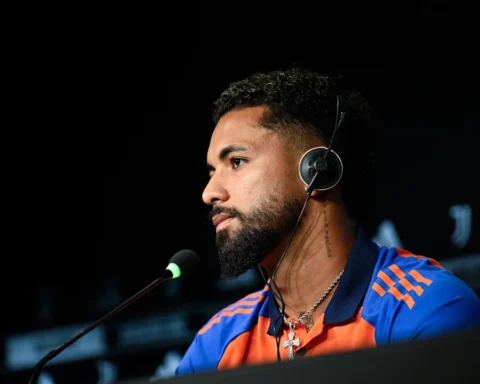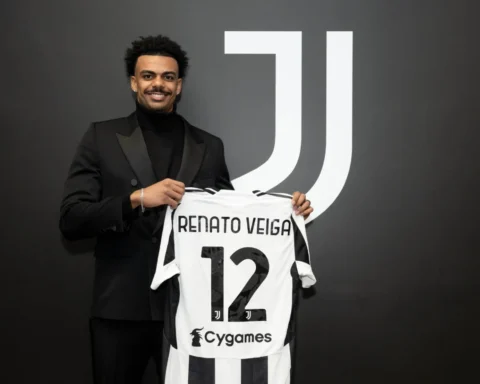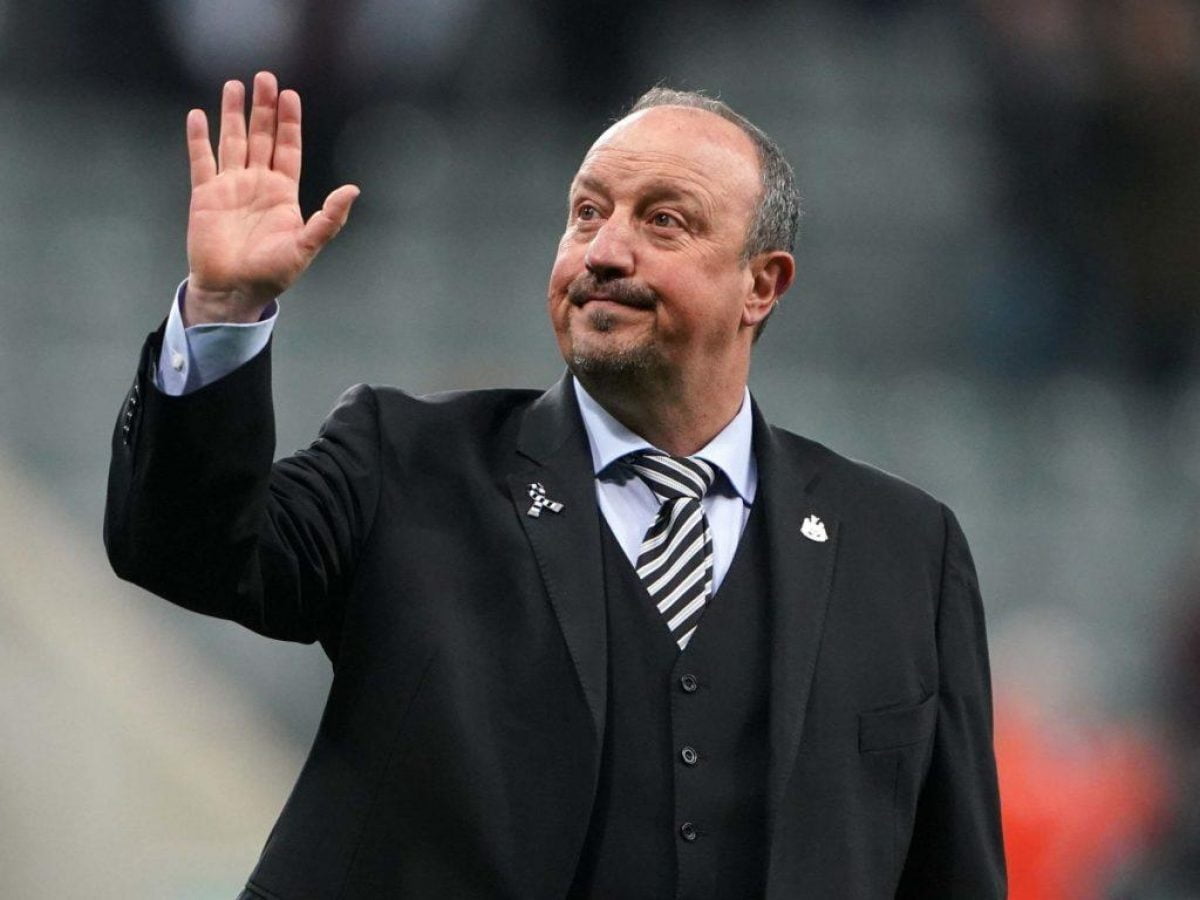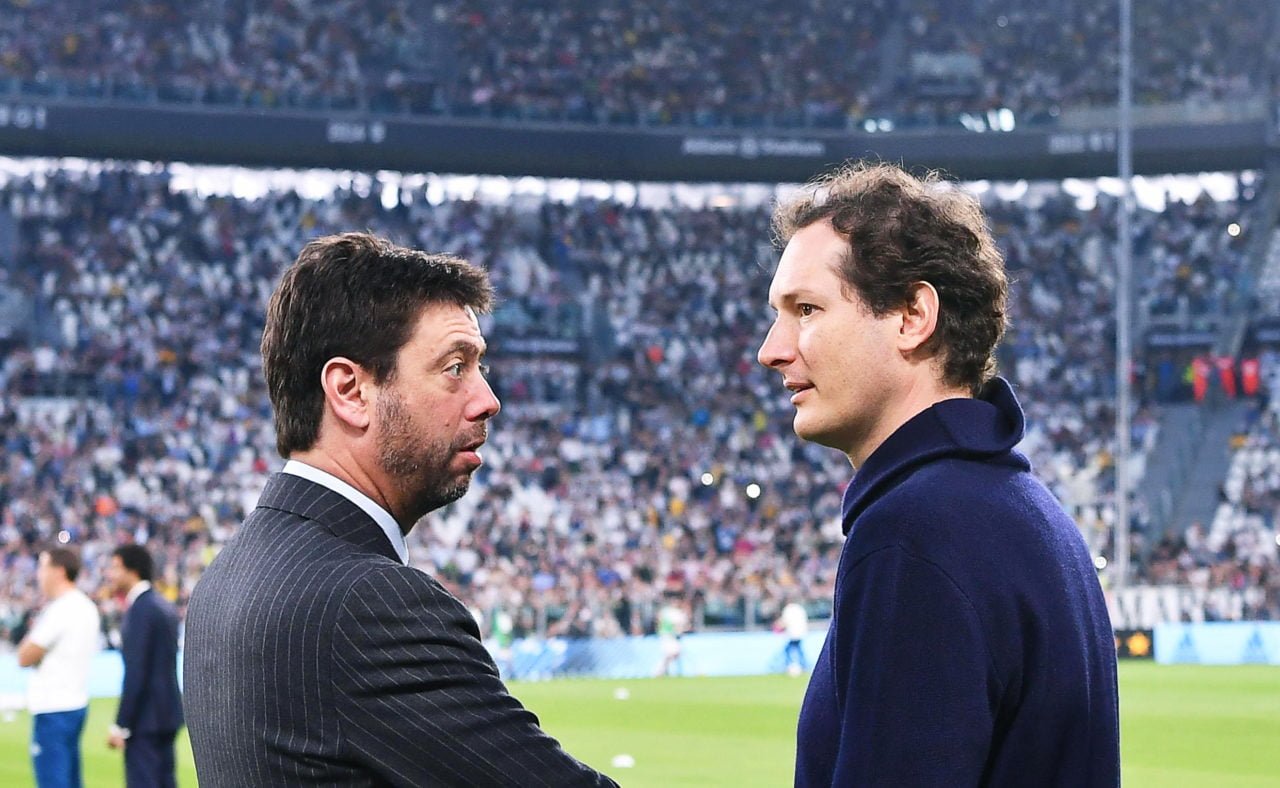In a candid and wide-ranging interview with the Financial Times, Andrea Agnelli, scion of the prominent Italian industrialists behind Fiat and Ferrari, shares insights into his tumultuous tenure as president of Juventus and the ill-fated European Super League endeavor.
Agnelli, the fourth in line to helm Juventus, led the club to unprecedented success during his 12-year presidency, securing nine Serie A Italian league titles in a row and reaching the Champions League final twice. However, his reputation took a hit when he joined the European Super League in April 2021, a move that sent shockwaves through the football community.
The proposed breakaway competition, featuring 12 elite clubs, collapsed within 48 hours amid vehement protests from fans, players, pundits, and politicians. Agnelli, who faced severe criticism for his perceived betrayal, defends his stance, stating, “I didn’t put a gun to the head of anybody. They all signed freely.” The aftermath saw graffiti in Rome depicting Agnelli stabbing a football, symbolizing the perceived betrayal of the sport.
The subsequent year brought further challenges as an accounting scandal at Juventus forced Agnelli to step down as club president. Banished from football roles and entangled in legal proceedings related to market manipulation and false accounting, Agnelli decided to seek a fresh start. He married for the second time and relocated to Amsterdam with his children. Speaking of the ‘plusvalenza’ scandal, Agnelli says: “I remain convinced that everything we’ve done, we’ve done it by the book, according to the financial standards . . . I am super easy.”
Recent developments have provided a glimmer of hope for Agnelli. The European Court of Justice ruled against UEFA and FIFA, deeming their threats to sanction Super League clubs and players unlawful. This prompted Agnelli to break his silence and post lyrics from U2’s “Where The Streets Have No Name” on social media, symbolizing a desire to break free from constraints.
The conversation also delves into Agnelli’s involvement in the failed Super League project. He explains that discussions about alternative competitions were ongoing, with one project involving Paris Saint-Germain’s president, Nasser Al-Khelaifi. Eventually, Florentino Pérez, president of Real Madrid, approached Agnelli about joining the Super League.
Agnelli’s decision to back the Super League and break away from UEFA’s Champions League reforms led to his resignation as head of the European Club Association. Despite criticism, Agnelli maintains that the Super League aimed to address football’s financial instability and polarisation.
The interview transitions to Agnelli’s personal life and the challenges he faced, including the loss of his elder brother Giovanni. The conversation touches on the contentious signing of Cristiano Ronaldo, the Plusvalenza scandal, and Agnelli’s perspective on player valuation:
“It was a good move,” insisted Agnelli. “Give me Ronaldo and let me deploy him without a pandemic, and it’s a different story.”
As the interview concludes, Agnelli discusses his future endeavors, including his financial holding company, Lamse, a foundation dedicated to cancer research, and a new sports tech venture. The conversation circles back to football with the mention of a new proposal for an expanded competition by A22, the company behind the Super League project.

